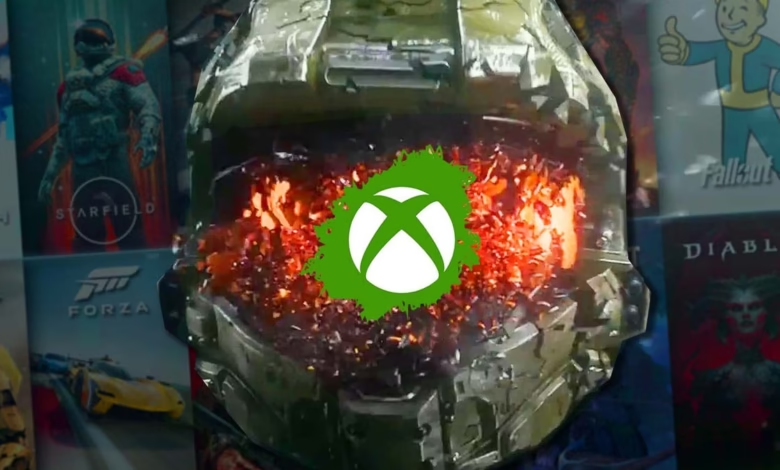Xbox’s Biggest Flaw: Lack of Great Games

▼ Summary
– Xbox Series X/S launched in 2020 without major exclusives, unlike PlayStation 5, which had strong titles like Spider-Man: Miles Morales.
– Xbox’s first notable exclusives, such as Microsoft Flight Simulator and Forza Horizon 5, arrived later but lacked the impact of PlayStation’s blockbusters.
– Microsoft has struggled to produce killer exclusives, relying on acquisitions like Minecraft, but many key titles are available on other platforms.
– PlayStation 5’s success is driven by high-profile exclusives like God of War and Spider-Man 2, which appeal to a specific audience seeking cinematic experiences.
– Xbox’s repeated cancellations (e.g., Scalebound, Perfect Dark) and lack of strong first-party games have hurt its competitiveness, despite Game Pass’s value.
Xbox continues to struggle with a fundamental issue: the absence of must-have exclusive titles that define its console experience. While competitors like PlayStation and Nintendo thrive on blockbuster franchises, Microsoft’s platform often feels like an afterthought for gamers seeking the next big thing. The problem isn’t a lack of games, it’s the lack of games you can’t play anywhere else.
When the Xbox Series X/S launched in 2020, it arrived without a single major exclusive, relying instead on backward compatibility and cross-platform titles. PlayStation 5, by contrast, debuted with Spider-Man: Miles Morales and a stunning Demon’s Souls remake, games that made players feel their investment was justified. Xbox’s first notable exclusives, Microsoft Flight Simulator and Forza Horizon 5, didn’t arrive until months later. While polished, these titles lacked the cultural impact of Sony’s offerings.
The issue isn’t new. For over a decade, Xbox has struggled to deliver system-selling exclusives on par with PlayStation’s God of War, The Last of Us, or Nintendo’s Zelda and Mario franchises. Even high-profile acquisitions like Minecraft and Starfield haven’t moved the needle, as most of Microsoft’s marquee titles are also available on PC or other platforms.
Game Pass remains a strong selling point, offering a vast library at an affordable price. But without exclusive, generation-defining games, the service feels more like a supplement than a reason to own an Xbox. Ask any gamer why they’d choose a PS5, and the answer is simple: Horizon Forbidden West, Spider-Man 2, Final Fantasy XVI. These are the kinds of experiences that drive console sales, big, cinematic adventures with mass appeal.
Microsoft’s track record with first-party studios hasn’t inspired confidence. Promised exclusives like Scalebound and the Perfect Dark reboot were canceled, while others, like Fable, remain years away. Even established franchises like Halo and Gears of War have lost their luster under internal development. Instead of cultivating new hits, Microsoft has leaned heavily on acquisitions, yet the results have been inconsistent at best.
Phil Spencer himself admitted that Xbox’s position was precarious, suggesting the damage from the Xbox One era was irreversible. His pivot toward a multiplatform, subscription-driven future makes sense, but it also concedes that Xbox may never compete on exclusives alone.
Nintendo’s success proves that first-party games still matter. The Switch became the second-best-selling console ever thanks to Breath of the Wild, Animal Crossing, and Mario Kart. Even Google’s failed Stadia experiment taught a harsh lesson: no gaming platform thrives without must-play exclusives.
Microsoft’s The Initiative, announced with fanfare in 2018, was supposed to rival PlayStation’s first-party output. Yet years later, the studio has little to show for its efforts. If Xbox can’t deliver the games that make players choose its hardware, the future may lie in becoming just another publisher, not a console leader.
(Source: Kotaku)